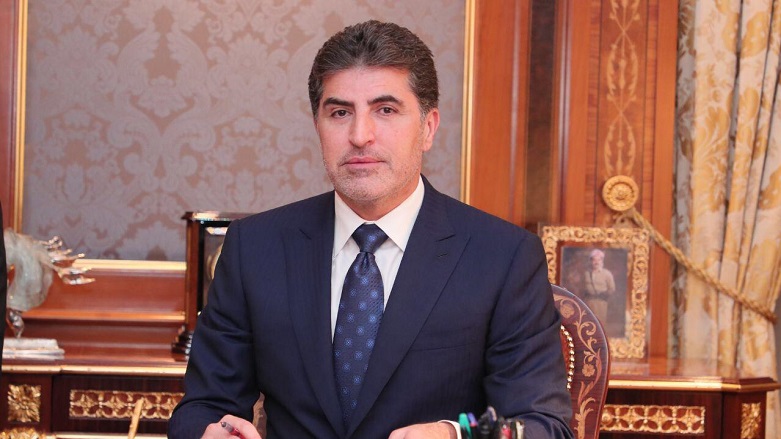Kurdistan Region president calls for greater UN role in solving Erbil-Baghdad disputes

ERBIL (Kurdistan 24) – The president of the autonomous Kurdistan Region of Iraq called on Monday for the United Nations to play a more active role in mediating negotiations on multiple issues, such as oil and disputed territories, that have proven irreconcilable between all previous federal and regional administrations in post-2003 Iraq.
Regional President Nechirvan Barzani sent a letter to the Secretary-General of the United Nations, Antonio Guterres, and the member states of the UN Security Council, containing several requests, according to a statement released by Barzani's office.
In it, he requested "a more effective role of the United Nations special envoy in Iraq especially in the implementation of Article 140 of the constitution and the problem of oil and the budget."
Article 140 was introduced into the Iraqi constitution to allow its 2005 ratification by kicking controversial decisions on the disputed territories down the road, but well over a decade has passed since the 2007 deadline for the article's implementation.
Barzani also reiterated his support for the federal government's request from the UN Security Council to increase the role of international monitors in observing Iraqi elections and to make sure that upcoming elections slated for October will be "conducted well and free of violations."
He also demanded that the text of the new draft resolution in the UN Security Council on Iraq include "formal support for the implementation of the agreement between the Iraqi federal government and the Kurdistan Regional Government (KRG) regarding the budget and negotiations on all pending problems."
Read More: Iraqi parliament approves Kurdistan’s share of 2021 budget
Barzani concluded by requesting increases in humanitarian aid and greater direct support for the hundreds of thousands of displaced Iraqis and Syrians living in camps, towns, or informal settlements throughout the Kurdistan Region.
Editing by John J. Catherine